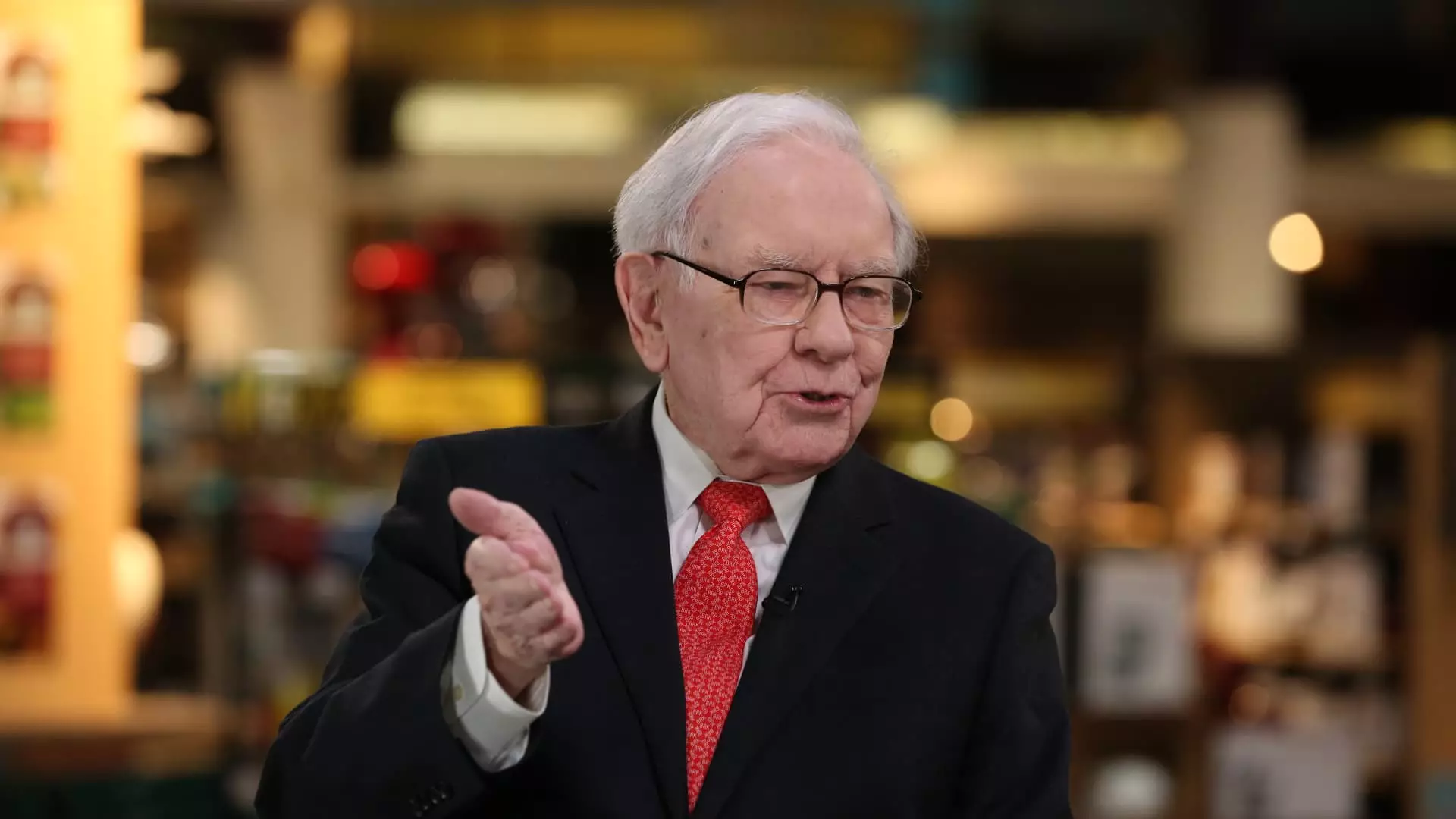In the political landscape of the United States, few issues command as much attention and debate as trade policy. The conversation intensified when then-President-elect Donald Trump announced his intentions to impose significant tariffs on key trading partners, including Canada, Mexico, and China. This aggressive stance reignited fears of a trade war reminiscent of previous confrontations, leading many economists and business leaders to discuss the potential repercussions on both the domestic and global economy. One prominent voice in this dialogue is Warren Buffett, the highly respected CEO of Berkshire Hathaway, who has consistently advocated for the merits of free trade and cautioned against the dangers inherent in protectionist policies.
In interviews conducted during and following Trump’s first term, Buffett offered profound insights on the implications of his tariff threats. He articulated a compelling argument that excessive tariffs do not simply impact trade; they fundamentally alter the economic landscape for consumers worldwide. Buffett emphasized that a world that embraces free trade generally leads to better living standards, underscoring the interconnectedness of global economies. He pointed out that tariffs essentially act as taxes on consumers, altering purchasing power and forcing people to pay more for goods and services.
His astute warnings regarding inflation are particularly pertinent in today’s economy. The potential for price spikes affects not only individual consumers but also the delicate balance of global economic stability. The far-reaching consequences of a trade war, as outlined by Buffett, highlight the importance of considering not just immediate policy outcomes, but also the long-term effects on economic growth and living standards.
While many analysts view Trump’s tariff threats as a straightforward precursor to trade conflict, some suggest they may serve a dual purpose as negotiation tactics. The rationale here is that such aggressive stances can provide leverage in negotiations aimed at curbing illegal immigration and the drug trade. However, this line of thinking raises critical questions regarding the effectiveness and ethics of using economic policy as a bargaining chip. Buffett noted that it is the responsibility of leaders to clearly communicate the reasons behind their trade policies, promoting transparency to the general public.
Buffett has long advocated for the role of the president as an “educator-in-chief.” Historical figures such as Franklin D. Roosevelt mastered this art during times of national crisis. Buffett believes that a well-informed populace contributes to better economic decisions and policy support. As Trump prepared to take office, the ambiguity surrounding his trade policies made it even more crucial for him to engage in open dialogue about their implications for all Americans.
The future of U.S. trade policy remains uncertain, but Warren Buffett’s insights serve as a crucial reminder of the importance of maintaining robust and fair trade practices. The stakes are high, and the repercussions of poorly thought-out trade policies could reverberate well beyond borders, ultimately affecting the livelihoods of millions worldwide. As the dialogue surrounding tariffs continues, it is imperative that policymakers consider the broader implications for both the economy and society at large.


Leave a Reply